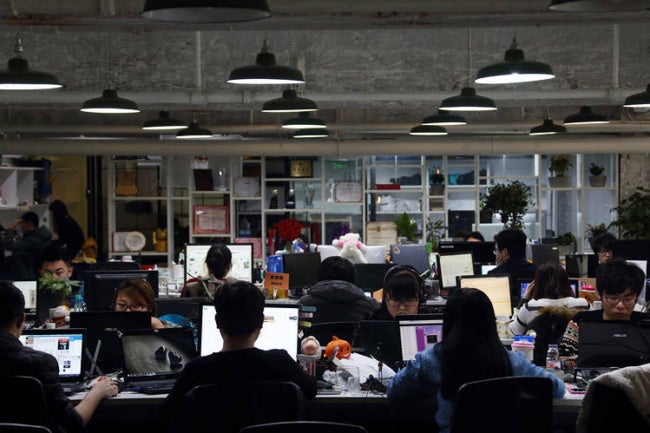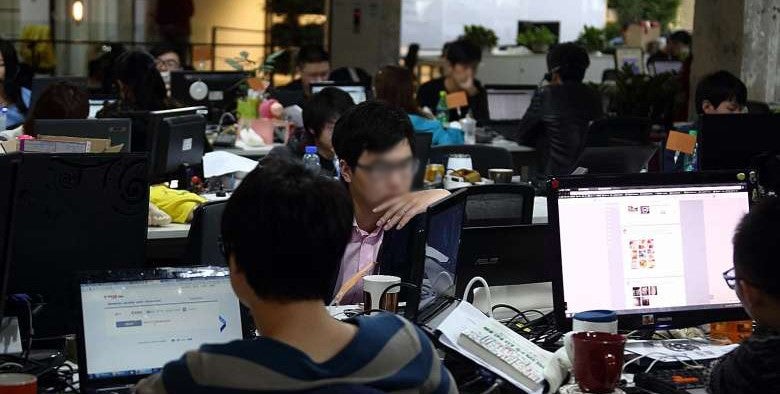People often tell graduating students to enjoy their university life as much as they can because nothing will ever be the same once they enter the working world. Many might not believe this to be true, but once they get a job and go through the process of toiling every day to sustain themselves, they will realise that there is a world of stressful and tiring responsibilities that every young adult has to take on.
Those who are able to succeed in their workplace and at the same time maintain a healthy work-life balance are often the ones who know how to manage their time well and prioritise the right things. But there are also those who can’t seem to get a grip on adult life, which may lead to the many health conditions commonly caused by overworking.
In a recent study, researchers revealed that approximately 2.78 million workers lose their lives due to work-related injuries and work-related diseases every year. That is an alarming amount!

Source: gaijinass
This means that every day, a total of 7,500 workers around the world die as a result of unhealthy and unsafe working conditions. Out of this number, 6,500 die from diseases contracted at the workplace while 1,000 die from injuries and accidents, according to The International Labour Organisation (ILO).
Mohd Soffian Osman, Public Safety and Health Consultant, said that this is highly unfortunate as deaths in the workplace leave a negative impact on the economy and productivity, and the cost of work days lost due to these deaths is approximately four per cent of the world’s Gross Domestic Product (GDP), reported Astro Awani.

Source: the wall street journal
Back in 1996, trade unions all around the world commemorated victims who suffered accidents and illnesses in the workplace on 28 April. However, in 2003, this day was ‘rebranded’ by the ILO as the World Day for Safety and Health at Work, with the intention to promote the prevention of accidents and illnesses in the workplace.
Meanwhile, in Malaysia, the commemoration of 28 April as the World Day for Safety and Health at Work has also become one of the annual agendas of the National Council for Occupational Safety and Health (MNKKP).
Don’t forget that losing your job to take care of your health is any time better than losing your health to take care of your job. Eat well, sleep well, exercise well, and maintain a good work-life balance.
Also read: 272 Staff Dead & 1,878 Sick After Counting Millions of Votes in Indonesian Election









































